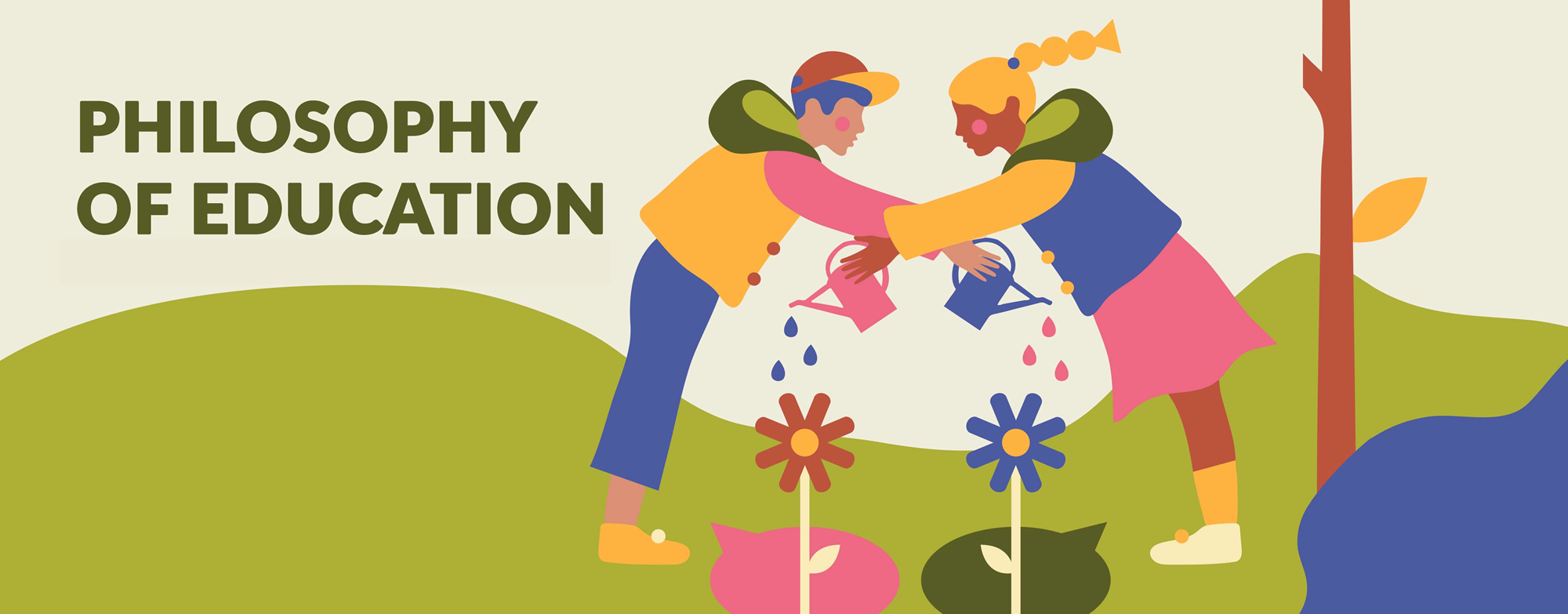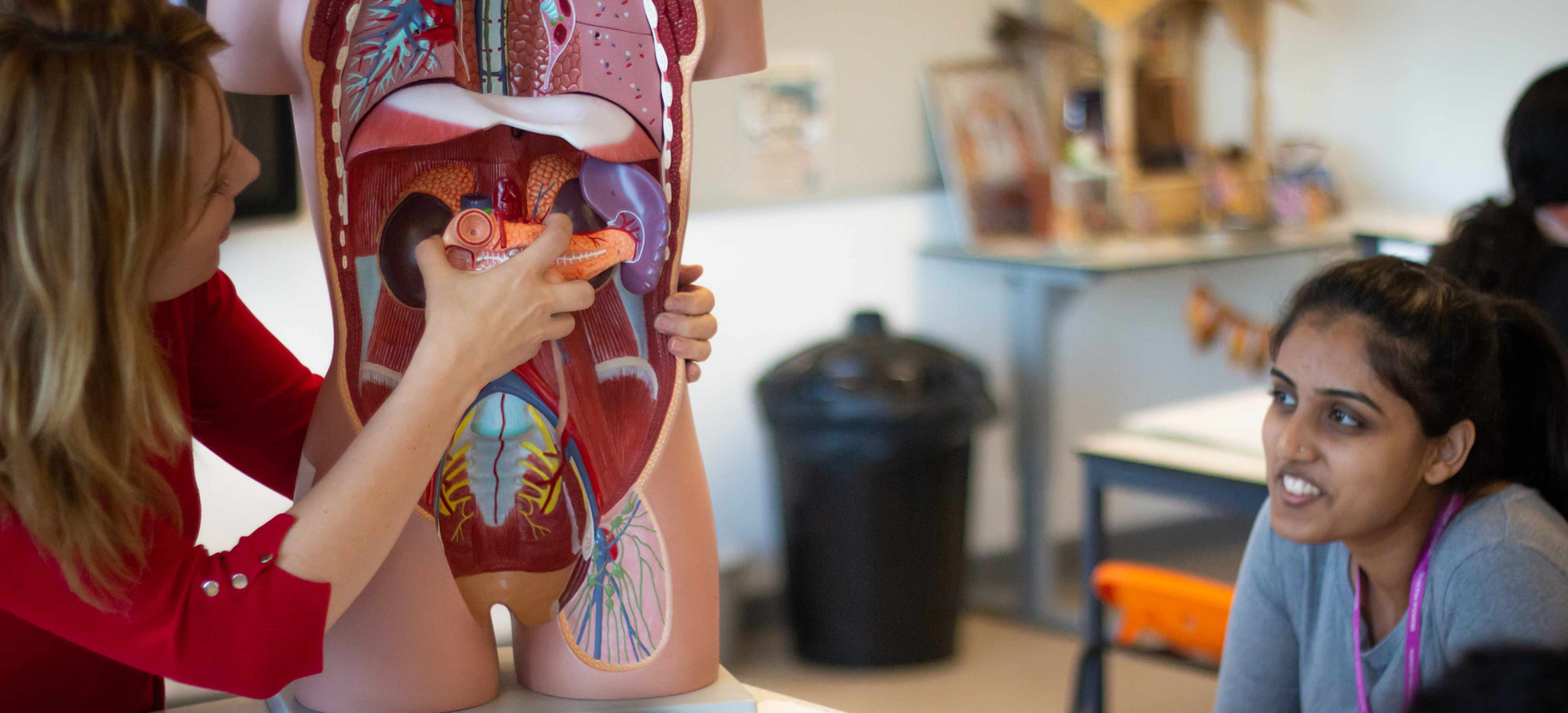
Cultivation of Love
The ultimate purpose of education, for adults
and children is to help them cultivate love,
which is both an aesthetic and rational experience.
This love is already present within every person’s
heart, and for some, will culminate in love for God.
The teacher need only help reawaken it and teach
students to express those loving relationships
through practical action and good character.
Strength of Character
The symptom of an educated person is good
character, which includes empathy, gratitude,
courage, integrity, self-discipline and respect.
Knowledge is defined as reality distinguished from
illusion for the welfare of all. In other words,
it is not enough for something to be factual;
it must also be beneficial for others.
This requires helping students practise ethical
and compassionate acts based upon their psycho-social
nature, while keeping life’s ultimate goal in sight.
Success and happiness then ensue as unintended
side-effects of a life of contribution.
Meaningful Relationships
At the heart of education is a positive, synergistic
relationship between the teacher and the student.
This dynamic creates the environment for learning
to take place. The teacher must model the abilities
and qualities he or she wishes to cultivate in the student,
and the student needs to be open to the learning process with
inquisitiveness and humility. The teacher helps the student
develop keen powers of observation, reasoning, and dialogue,
while also honouring the wisdom of those who have gone before us.
Spiritual Potential
Our educational method is grounded in the conviction
that every individual is spiritual by nature and
therefore possesses an incredible capacity for learning and
growth. Anchoring our consciousness in our inner
spiritual value enables us to overcome artificial,
limiting identities that we impose upon ourselves and
which drastically underestimate our genuine capacity.
Cultivation of Love
The ultimate purpose of education, for adults
and children is to help them cultivate love,
which is both an aesthetic and rational experience.
This love is already present within every person’s
heart, and for some, will culminate in love for God.
The teacher need only help reawaken it and teach
students to express those loving relationships
through practical action and good character.
Strength of Character
The symptom of an educated person is good
character, which includes empathy, gratitude,
courage, integrity, self-discipline and respect.
Knowledge is defined as reality distinguished from
illusion for the welfare of all. In other words,
it is not enough for something to be factual;
it must also be beneficial for others.
This requires helping students practise ethical
and compassionate acts based upon their psycho-social
nature, while keeping life’s ultimate goal in sight.
Success and happiness then ensue as unintended
side-effects of a life of contribution.
Meaningful Relationships
At the heart of education is a positive, synergistic
relationship between the teacher and the student.
This dynamic creates the environment for learning
to take place. The teacher must model the abilities
and qualities he or she wishes to cultivate in the student,
and the student needs to be open to the learning process with
inquisitiveness and humility. The teacher helps the student
develop keen powers of observation, reasoning, and dialogue,
while also honouring the wisdom of those who have gone before us.
Spiritual Potential
Our educational method is grounded in the conviction
that every individual is spiritual by nature and
therefore possesses an incredible capacity for learning and
growth. Anchoring our consciousness in our inner
spiritual value enables us to overcome artificial,
limiting identities that we impose upon ourselves and
which drastically underestimate our genuine capacity.

